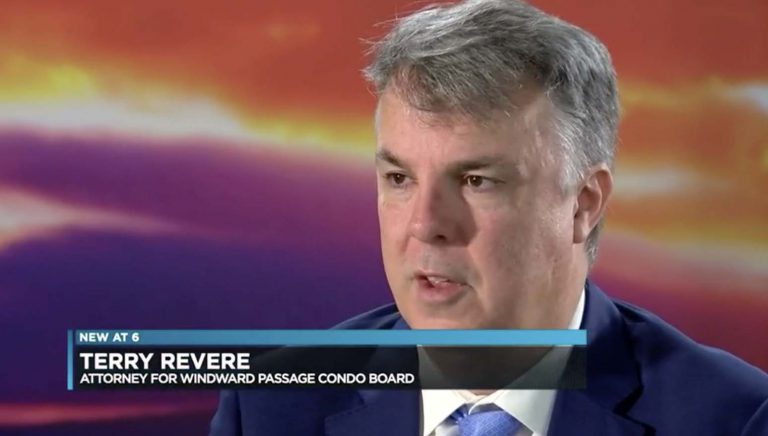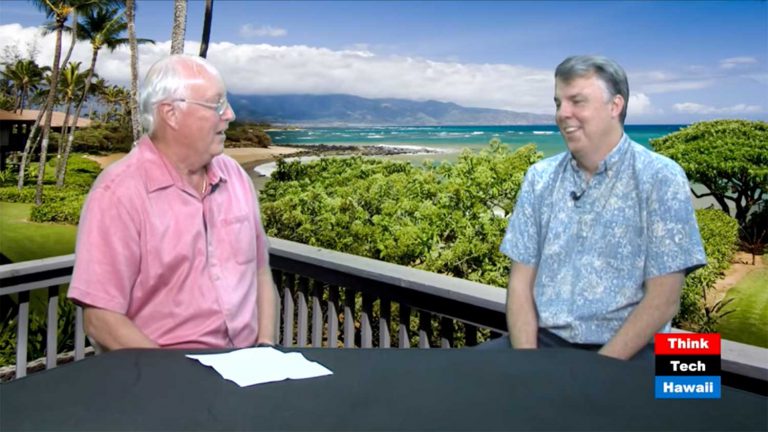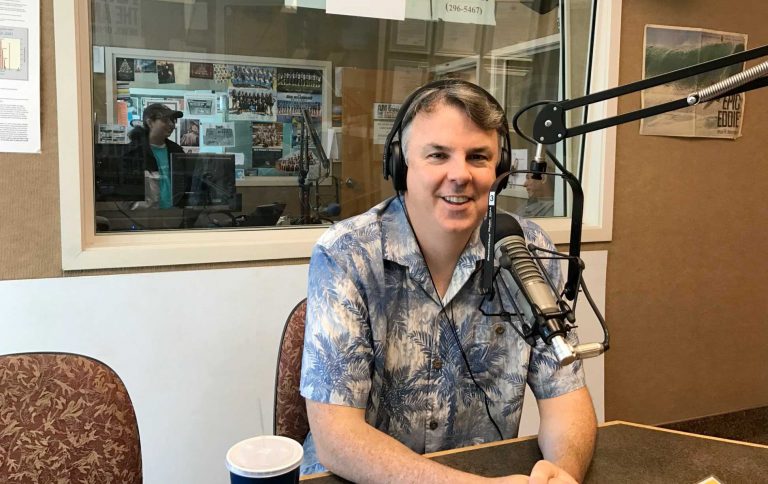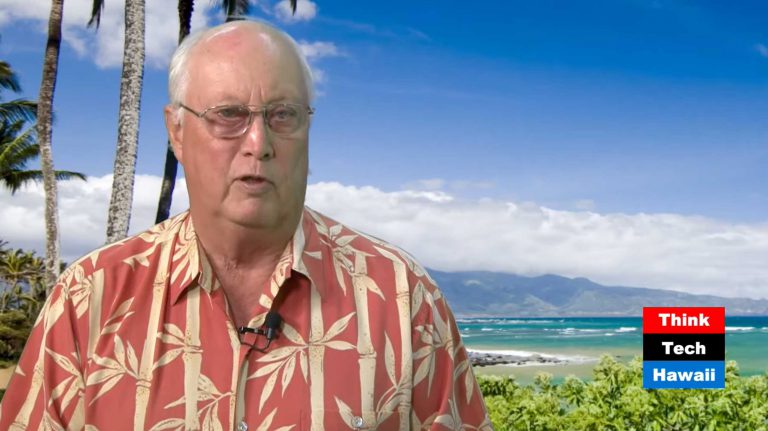Tipsy tables, split sofa cushions, short-circuiting lamps and tacky artwork.
That’s not what Hawaii visitors expect to find in a Waikiki resort suite for $400 a night.
But that’s what 12,000 timeshare owners in the Lagoon Tower at Hilton Hawaiian
Village got when they paid more than $5 million for what turned out to be an interior
decorating disaster.
Now one of the timeshare interval owners in the tower is on the hook to pay for the
debacle after his role in orchestrating the shoddy work — and profiting from it — was
exposed.
A state Circuit Court jury awarded the association of Lagoon Tower timeshare owners
$5.7 million in damages to be paid by the association’s former board president after a
10-day trial in April.
Terry Revere, a local attorney who filed the lawsuit for the association in 2012, said the
award is the largest he’s ever seen nationwide against a director of a property owners
association.
“As far as breaches of fiduciary cases for owner associations, it’s definitely the biggest
in Hawaii,” he said. “The audacity of what (the former board president) did was very
surprising.”
The case presents a cautionary tale about fiduciary responsibilities of board members
representing condominium, neighborhood and timeshare associations, and illustrates
how difficult it can be to uncover and remedy abuses by board members.
Extraordinary case
The Lagoon Tower scandal was uncovered only by happenstance upon the discovery of
a business card.
What happened started out as a routine process to upgrade furnishings. Such projects
typically occur every so many years and involve a lot of inventory for major condohotel
and timeshare properties.
In charge of the Lagoon Tower upgrade was a five-member board whose decisions are
supposed to benefit timeshare interval owners as a whole.
Though only a partial upgrade was scheduled for the tower, some owners felt more
needed to be done to make the 274-room property more classy, like its newer
Waikikian timeshare tower neighbor.
But there was something that all board members — except one — along with Hilton
timeshare management officials didn’t know at the time.
That something, according to witnesses and documents in the court case, was that a
collusive plan had been hatched between the board’s president, a Connecticut banker
named Mark Barra who in the 1990s worked at Bank of Hawaii, and a small furniture
maker with a retail store on Kauai.
Instead of a classy makeover, Lagoon Tower became a mess when installation of
12,000 items from chairs to carpets to curtains began in 2010. A lot of the items were
fine. But many pieces were damaged, looked cheap, broke easily or didn’t work.
“There was tables that were supposed to support TVs, but if you put the TV on them
they would fall, so they had to be chained to the wall,” Neil Hutchinson, vice president
of association management for Hilton Grand Vacations, testified according to a
transcript. “There was a small table in the master bedroom … and it was very unstable,
to the point where if you put something even small on it like a cell phone it would fall
over.”
Kim Krieger, a former Hilton employee who was on the board representing Lagoon
Tower owners, said the furniture quality was substandard, as some pieces had cracks
or blemishes while others were just plain defective.
“We had sofa cushions that split at the seams so that the stuffings came out,” he
testified.
Krieger added that more than half of the new reading lamps in rooms short-circuited.
Henry Perez, a Hilton general manager overseeing three timeshare towers at Hilton
Hawaiian Village, said more lamps — close to 100 — had on-off switches that broke
easily.
Perez also noted that carpeting wore down quickly and was very thin, and that flame
retardant certificates on cushions and linens didn’t appear to be safety approved.
Johnny Mo, a Canadian on the tower’s board, had a dim view of the artwork that he
said cost the association $400 to $600 apiece but looked like framed posters.
“It was a crazy amount of money,” he testified. “I felt that the artwork was substandard
… like it’s purchased from Walmart and someone slapped a frame on it. It wasn’t
artwork.”
Mitch Yokoyama, Hilton’s Waikiki timeshare housekeeping manager, had harsh words
for many furnishings following a walk-through of two refurbished penthouse units. In
an email to other Hilton officials, he called a desk in one unit “cheap and disgusting”
and wooden art in the same unit a “piece of crap.”
“The sides are not done and the (penthouse) owners are going to see this,” he said in
the email. “Actually, all the wooden art pieces not to mention all furnishings have this
problem: It’s not done and not properly finished!”
Yokoyama recommended not opening the two units to owners and to have the person
responsible for the furnishings pay the rental rate for the suites.
The person guiding the furniture upgrade work was Barra, who, unbeknownst to other
board members and Hilton officials, was being paid by the company doing the job.
Barra also traveled to Bali, Indonesia, and ate meals at the board’s expense under the
pretense that he was independently ensuring that the furnishing work was being done
well.
Barra, who heads a Connecticut company called Global Financial Consulting LLC,
declined comment for this story.
Global Financial describes its president, Barra, as a “big picture visionary” who has led
numerous companies around the globe and is an expert in international and domestic
banking.
Roots on Kauai
According to claims made in court, Barra unduly influenced the Lagoon Tower board
into awarding its interior redesign job to a small Kauai furniture company led by Louis
Marshall Jensen, whom Barra once hired to renovate a timeshare unit he owned on
Kauai at The Cliffs at Princeville.
Jensen, an Oregon resident who had furniture made in Indonesia, ran the House
Chantik retail furniture store on Kauai and did commercial work under different
company names including Environments by Louis Marshall LLC and Resort
Environments LLC.
At the Cliffs, Barra was association board president and recommended that Jensen be
given an opportunity to handle a planned furniture replacement job for the property
based on Barra’s personal experience as a customer, according to a deposition from
the property’s former general manager, Kimo M. Keawe.
After the Barra-led board signed a contract with Jensen in 2007, Barra arranged to
handle payments for Jensen. The association led by Barra sent checks for more than
$800,000 to Barra in Connecticut.
In one instance, the deposition said, Barra emailed Keawe with an odd request
regarding three checks totaling around $110,000: “Aloha Kimo … if I can ask a huge
favor, Louis needs cash to pay his taxes fairly urgently. Please keep confidential. So if
you would not mind, could these checks be mailed fairly quickly to my address so I can
get them deposited next week.”
Barra, who offered to monitor the furniture job for the Cliffs board, also was
reimbursed for two trips to Bali at a cost of about $19,000, the documents said.
Revere, the local attorney who filed the lawsuit in 2012, suggested in court that the
Cliffs renovation, which lasted five years, served as a model for the much bigger
scheme in Waikiki with Jensen and Resort Environments.
Replay in Waikiki
Barra, who owned a timeshare interest in the Lagoon Tower, was elected board
president in 2008 as the property got ready for a previously scheduled refurnishing.
Revere suggested to jurors in the case that Barra saw a soft target manipulating the
association’s board, and quoted an email Barra sent to Jensen: “Since three of the five
board members are from Tokyo and speak very little English, I will be able to direct this
project pretty much at will.”
Just like on Kauai, Barra suggested that Jensen be allowed to bid on the work based on
Barra’s experience with Jensen at the Cliffs, according to testimony.
Krieger, a fellow board member, said three bids were received, though one was
withdrawn. The Resort Environments bid was $8.8 million. A bid from Florida-based
Image Design Group Inc. was for $5.4 million and proposed less extensive work.
Barra pushed for Jensen’s proposal but also did more. He admitted sharing Image
Design’s competing bid with Jensen. And after Resort Environments was selected in
2009, Barra pushed for change orders, took two trips to Indonesia at board expense
and also was reimbursed for meals tied to oversight. At no time did he disclose that he
had a financial stake in the company.
Connections exposed
Though there were some red flags, such as Barra asking for copies of bid documents
and asking that Hilton communicate with the board exclusively through him, no one
from Hilton or the board was wise to Barra’s connection with Jensen — an
arrangement that involved Barra receiving $10,000 a month from the company for
“consulting” services that included accounting, shipping, inventory and wire transfer
work.
That changed in 2011, a year after installation work began, when a representative of
local interior renovation firm Summa Inter- national, which was exploring a potential
job at Hilton’s Kalia Tower and had done work on Kauai, got to discussing the Lagoon
Tower work with Perez, Hilton’s Waikiki timeshare property manager. During the
conversation the Summa rep mentioned to Perez that Barra owned Resort
Environments.
The Summa official agreed to return with Barra’s Resort Environments business card.
In court, Revere displayed the card and cited an email exchange between Jensen and
Barra discussing such a card for Barra. In the email quoted by Revere, Jensen asked
what job title Barra should have, to which Barra responded: “How about
principal/money dude?” then added, “Chief conflict of interest guy could work too.”
Carlos Perez-Mesa Jr., a local attorney representing Barra (no relation to Hilton
manager Henry Perez), told the jury that his client admittedly made some bad,
deceitful, dishonest, morally wrong and regrettable decisions.
“I’m standing in front of you saying that Mr. Barra made some serious mistakes,” PerezMesa
said, according to the court record.
Perez-Mesa said Barra received $360,000 in income over three years from Resort
Environments. But he argued that Barra’s actions didn’t damage Lagoon Tower
timeshare owners.
Specifically, Perez-Mesa said Hilton was the renovation project’s manager while Resort
Environments, meaning Jensen, was responsible for the quality of the furniture
because Barra was more like the firm’s banker.
Perez-Mesa also said the timeshare owners got a $628,000 benefit by withholding a
final payment for the work, which totaled less than $8 million because installation was
handled by another firm.
Revere countered that Barra arranged the whole job and profited from the bad work.
Revere also argued that Barra received at least $958,566 from the Lagoon Tower work
and noted that nothing could be recovered from Jensen because he filed for
bankruptcy in 2013.
Last year the Lagoon Tower board, according to member Krieger, got rid of all of its
Resort Environments furniture, five years ahead of schedule at an extra cost of $2.7
million.
The jury’s award said Barra must pay the Lagoon Tower timeshare owners $2.4 million
in special damages, $250,000 in general damages and $3 million in punitive damages.
It’s possible that Barra could appeal.
Revere said his firm intends to ask the court to award attorneys fees separately, which
Revere said would push the total award over $6 million if granted.
One takeaway from the case, Revere said, is that timeshare and other property owner
association boards need to be vigilant about how money is spent.
“The board has to watch management, management has to watch the board and
owners have to watch both of them,” he said.





